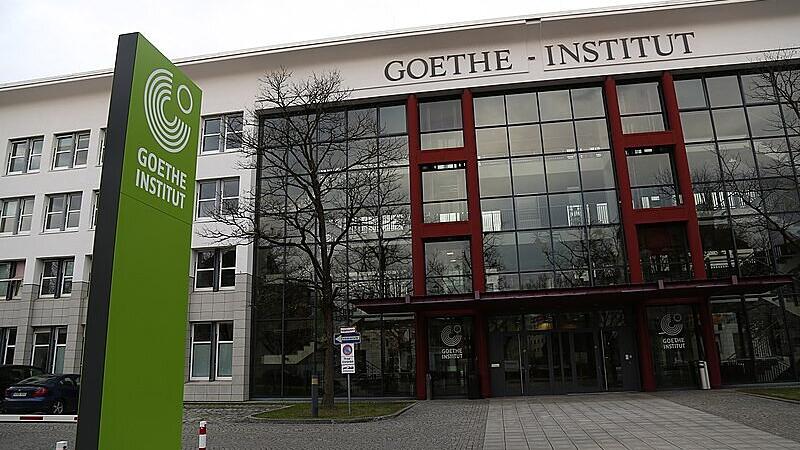Image: work
A move and even a merger with the location in Berlin are also being discussed. The first savings plans were presented on Thursday in Berlin. Of the 158 institutes worldwide to date, the locations in Bordeaux, Curitiba (Brazil), Genoa, Lille, Osaka, Rotterdam, Trieste, Turin and Washington are to be closed. There is also the liaison office in Strasbourg. In addition, further locations are to be reduced in size, changed or merged. This is also about cheaper properties. 130 employees are affected by the job cuts in the international network.
Secretary General Johannes Ebert wants to save 24 million euros annually in the medium term in the current budget of 239 million euros in structural funds for properties or personnel. This is intended to strengthen the program work of the Goethe-Institut. “The aim of the changes initiated by the board is to reduce the proportion of fixed expenses in the overall budget and thus free up funds for operational cultural, language and information work worldwide,” it said.
New priorities
Associated with the reforms are also new priorities. In addition to Warsaw and Krakow, a further presence is to be established in Poland. There will be new Goethe Institutes in the Republic of Moldova, the South Pacific, Texas and the Midwest of the USA.
The Bundestag recently blocked 14 million euros of the budget and linked this to the need for reforms. These funds have now been released with a view to the new plans.
Job cuts
Changes are also coming in Germany. “An adjustment to the structure at the headquarters of the Goethe Institute in Munich is planned,” it said. There will also be job cuts here. Ebert announced corresponding concepts for the coming year. It is also possible to move away from the Munich location, which was set up just a few years ago, as well as to move and merge with the existing capital city office in Berlin.
From President Carola Lentz’s point of view, the Goethe-Institut will ensure its long-term ability to act in the face of new political challenges and reduced financial leeway through the transformation. “In view of increasing populism and nationalism, illiberal contexts and refugee movements, the work of the Goethe-Institut is more important than ever,” said Lentz. People all over the world could get to know Germany and the language. The work strengthens “the exchange between societies and creates networks and freedom in which we can develop common answers to global challenges.”
My themes
For your saved topics were
new articles found.

info By clicking on the icon you can add the keyword to your topics.
info
By clicking on the icon you open your “my topics” page. They have of 15 keywords saved and would have to remove keywords.
info By clicking on the icon you can remove the keyword from your topics.
Add the topic to your topics.
Source: Nachrichten




